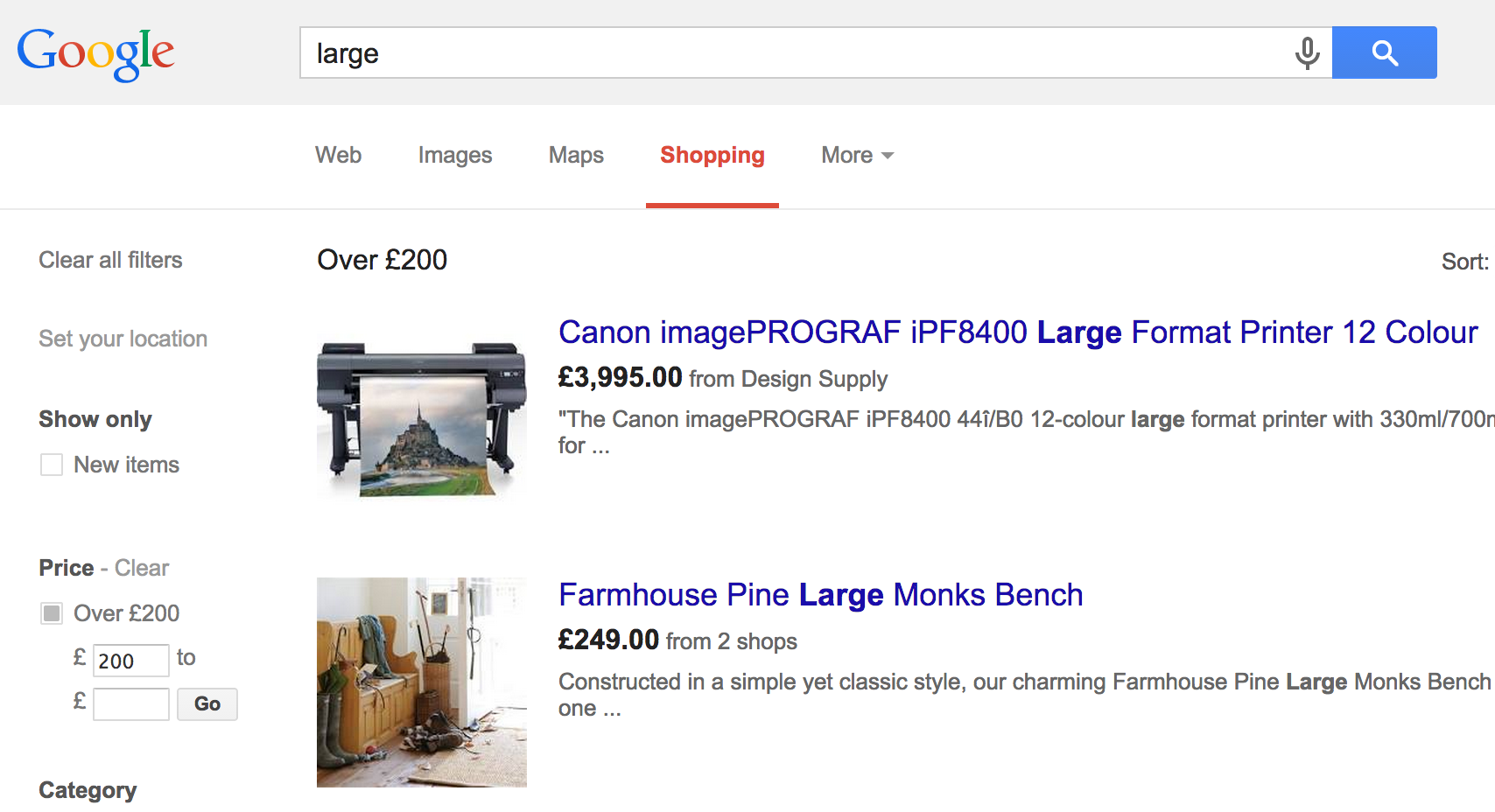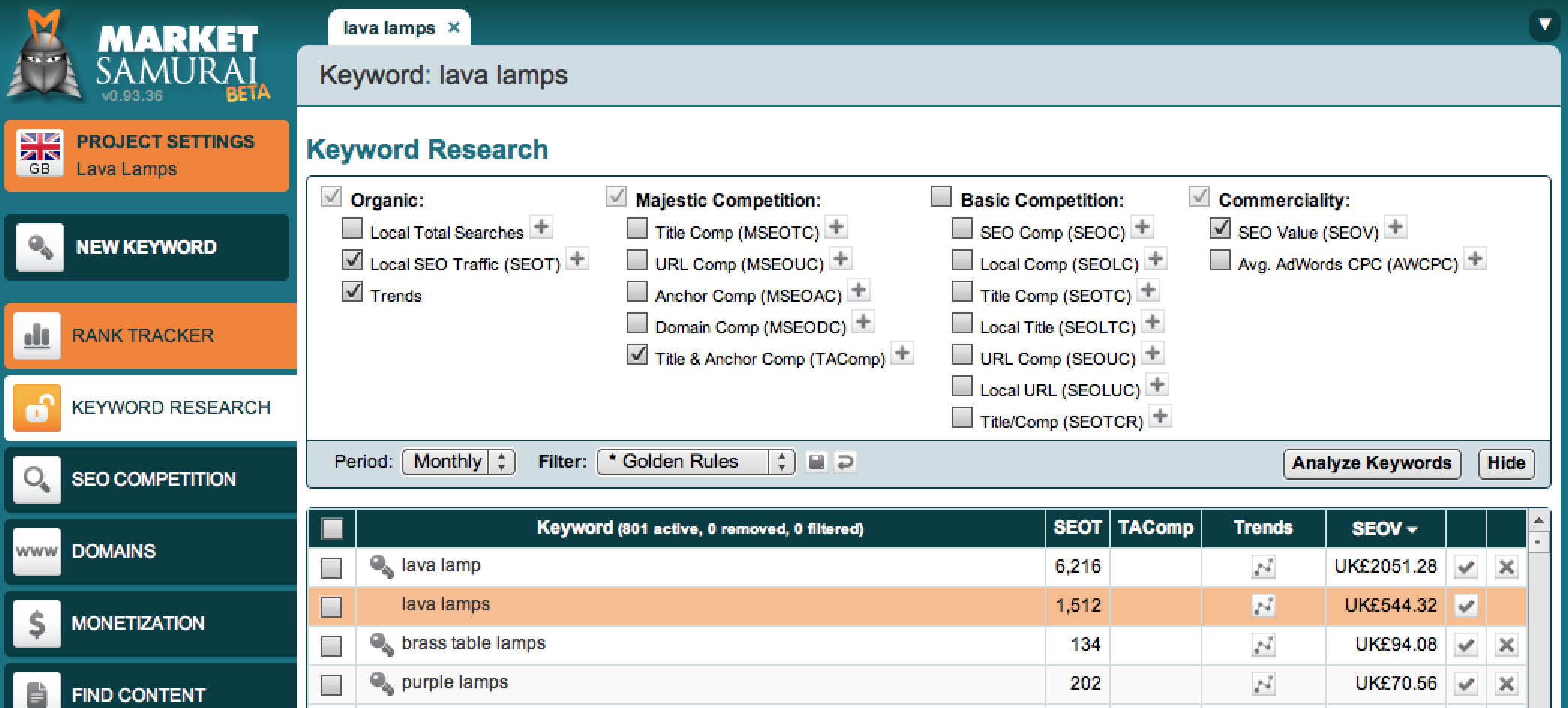After the amazing last week at the Drop Ship Lifestyle retreat, due to all the questions I was asked in the evenings, I’ve decided to do a Drop Ship Lifestyle ride along. I am going to create a new drop shipping store and cover every aspect of the process from the very start for you guys. Along the way I will explain exactly what I’m doing, why I’m doing it and how the store is going!.
What Is Drop Shipping
The principle of drop shipping is quite simple:
- Your customer buys a product from you for £x
- You place an order for that product from your supplier for £y
- Your supplier delivers the product to your customer
- You keep the profit, the difference between the £x your customer paid and the £y you paid
Drop shipping can work in both physical stores and online stores. If you’ve ever ordered an expensive product from a small, specialist store and then had to wait a few days for that product to be delivered to the store, it was probably drop shipped. When I was fire dancing in Brighton I’d regularly have pyrotechnics drop shipped to the small, local shop that dealt with stage lighting!
As I am an Internet marketer we will be building an online store together, so it is manageable from anywhere in the world.
Niche Selection
Niche selection is the first and arguably one of the most important aspects of creating any e-commerce business. If you start out with the wrong niche you might find it impossible to find suppliers to work with or, later, impossible to make sales due to the cut-throat competition.
The niches I am investigating observe the following rules:
- Over 2000 searches a month for the main keyword
- Targeting small businesses or the upper middle class
- Average product price is £200 or more
- No famous name brands
Over 2000 searches a month for the main keyword
When picking a niche, you want it to have potential customers. If you pick a niche where no one is buying anything you will not make any money. I like to have my main keyword have over 2000 searches each month as you will need at least 1000 visitors to come to your site in order to track how well your sales pages are converting.
Targeting small businesses or the upper middle class
Small businesses and the upper middle class are good target markets but for completely different reasons. If you’re selling expensive products to small businesses then they probably need those products to run their business. If you’re selling to the upper middle class they probably have disposable income and are used to shopping online.
Average product price is £200 or more
Simply put, more expensive products have better margins, so we might make as much selling one product for £200 as we would selling 10 products for £20, but we’d have to do 10 times the work and drive 10 times the traffic to make that margin.
No famous name brands
Often niches are dominated by one or two famous brands and customers can often develop a strong bond to a specific brand, limiting what you can sell and how much you can sell it for. With a niche that only features generic brands there is less brand loyalty and you can make sales on the strength of your marketing and the strength of the product, rather than on the strength of someone else’s name.
Creating Niche Ideas
There are lots of ways to come up with niche ideas, some people like to only choose niches that they have prior experience in, either as a customer or a seller, for others that can be seriously limiting.
My favourite way for coming up with new niche ideas is to simply abuse Google shopping. By entering really generic keywords, e.g. red, large, etc as well as a high minimum price, e.g. £200 you can quickly come up with a huge variety of products to get inspiration from.
Determining Search Volume
I use a tool called Market Samurai for all my keyword needs. As you can see from the image below, it can produce incredible insights on niche selection, “lava lamp” get’s over 6000 searches in the UK alone, not to mention the dozens of other related keywords you can target.
My Task
Using both Google Shopping and Market Samurai, I am now going to compile a list of 100 different niche ideas, for our next step, market research!
If you want to get the jump on me and want more information about drop shipping, Anton’s Drop Ship Lifestyle course offers a 60 day money back guarantee if you’re not satisfied.



Thanks for making this case study/guide.
I recently signed up with the course and am looking for a good niche.
When using Market Samurai for niche selection, do you also look at competition in the SERPs? Or is that not a factor with drop shipping as traffic will be coming from paid adverts?
I’ve use Long Tail Pro for niche selection for other types of sites but will add it to my niche selection phase for DSL, even though its not mentioned in the course (if I remember correctly).
Will you be looking for a UK product/niche or a US one?
Looking forward to part two.
Thanks
Joe
Hey Joe!
Personally for e-commerce sites I don’t focus too much on organic SERP competition as trying to rank organically can cost a lot of money and take a lot of time.
Buying traffic in the form of adverts or banner clicks is a lot quicker and with enough volume it can be quicker and easier to find out whether your website can convert visitors in to sales.
I’m going after a UK niche for this store but the process will be similar to US niche selection, other than some of the financials and the mindsets of some of the suppliers.
After I’ve put a few months in to the niche I select and determine whether the store/niche is a success or a failure I want to do another ride along, but for a US niche, covering exciting things like registering an LLC in Wyoming as a non-US citizen.
Part two should be up later today or tomorrow 🙂
Rus
Hi Rus,
Thanks for the extra info. I’m actually from the UK (but living in Bangkok) so am just weighing up the pros and cons of going after the UK market or US.
I’m leaning towards the UK for now but obviously it will depend on the niche and whether there are suppliers.
I’m probably being too cautious and should just get stuck in but don’t want to research a nice, build the site and then find there are no suppliers in the UK niche I’ve chosen.
Your second ride along on getting setup for a US niche would be a very popular with those outside of the US I think so, will look forward to that.
Thanks,
Joe
Definitely pay attention to part 4 then where I will be covering the one thing you MUST NOT DO when searching for UK drop shippers/suppliers, as far as I can tell it’s one of the main differences between the UK and the US markets.
Thanks, will keep an eye out for part 4 then.
Cheers,
Joe
Hey Joe, I would recommend starting a UK based store that is slightly larger than I would a US based niche site. So example:
In the US I would make a site that only sells Pine Furniture.
In the UK I would make a site that sells Wood Furniture, including Pine, Bamboo, Teak, etc.
That way you won’t be stuck with only 5 potential suppliers and end up with zero. Whatever “niche” you choose, make sure there are 40+ potential suppliers and that way you can be pretty confident you can get at least 10.
Thanks for chipping in Johnny. That sounds like a good idea so will use that going forward with my niche research.
Thinking about it, I used to make affiliate niche sites promoting products sold on Amazon UK, then get traffic via SEO. I had some success with more broader niches so will have a look at those sites and see if they have drop shipping potential as for some of them, I know the products quite well after researching them the first time around so its a bit of a transferable skill.
Cheers,
Joe